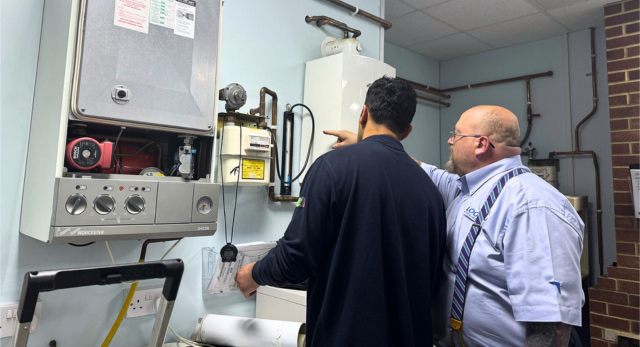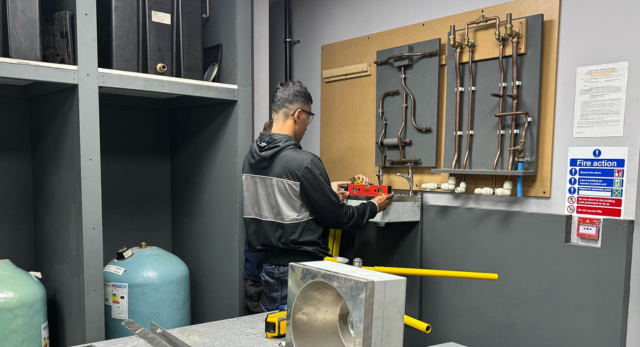In advance of some updates to The Gas Safety (Installation & Use) Regulations, due to come into effect in early April, here’s an update on the changes the HSE, which prepare the document, is planning to make.
These changes are not yet set in stone, but are highly likely to come into force.
The new L56 guidance document, which lays out the standards we all work to, contains several revisions.
Some of the updates fine-tune areas of responsibility for trainers and colleges, landlords and even the Secretary of State, but there are also changes to the requirements for those involved in fitting and servicing gas appliances in domestic and commercial environments.
Back to Insights
What will I need to do differently?
- Appliances need to be checked after work’s completed, but sometimes it’s not that straightforward. There’s a new guideline to cover the situation when it’s impractical to take a reading of an appliance’s operating pressure or heat input. From April 6th, it will be acceptable to measure its combustion performance instead.
- To ensure that gas appliances in rental properties are safe, landlords have a responsibility to make sure that both appliances and flues are serviced at least every 12 months and maintained in between times. You’ll be required to keep more careful records when checks are carried out and to set a date for the next service – which must fall within the 12-month deadline.
What about the colleges and certification bodies?
Concerns about the quality of training for gas installers has been widespread and improvements to the address standards of training came into effect last Autumn. The HSE’s new regulations cement these by making it a legal requirement that:- Only those who have completed an industry-recognised training course, followed by an assessment of their competence can trade legally.
- Training in safe gas work needs to be recognised by the industry’s standards setting body or a certification scheme.
- Training should be wide-ranging, to enable a gas engineer to cover all necessary tasks to fit and service gas heating systems.
- Training should cover relevant associated services, such as water and electricity and the potential for exposure to asbestos, as well as the dangers these may give rise to and the precautions to take.









